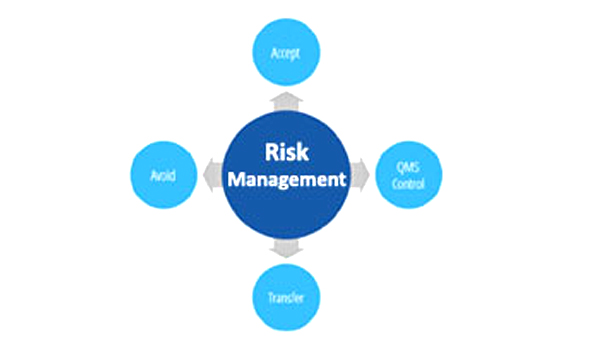Audit Trail
An audit trail is a line-by-line record that keep track of purchases, sales, expenses, and other financial information.
Updated: October 11, 2023

An audit trail is a line-by-line record that keep track of purchases, sales, expenses, and other financial information. These are often used to verify and track various transactions such as purchases, sales, revenue, net earnings, and expenses, of an organizations. Business invoices, purchase orders, written estimates, and any emails with transaction details are included in documents within an audit trail.
Maintaining a financial audit trail report is generally a regulatory requirement and is an accounting best practice depending on the financial domain. An audit management software is typically used by organizations to streamline their audit processes and comply with regulations or internal policies.
The timestamp of the purchase, the purchaser, the time of the sale and the location of the sale are the basic elements of audit trails.
Fraud protection, Stress-free audits, Increased efficiency, Understanding compliance requirements, Disaster recovery and Investment and loan positioning are some of the benefits of audit trails. Audit trails help mitigate internal fraud and also reduces external threats by maintaining tight control over finances. The auditing process will be faster and less money will be spent on fees when all financial details and transactions are kept within the trail. Having a comprehensive audit trail saves time and energy of everyone by searching through the books when a business needs to quickly find financial information.



